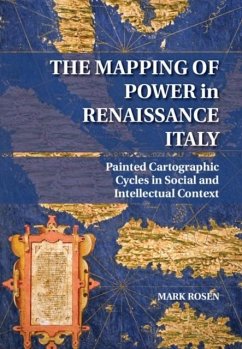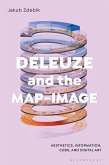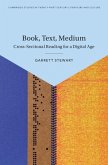How did maps of the distant reaches of the world communicate to the public in an era when exploration of those territories was still ongoing and knowledge about them remained incomplete? And why did Renaissance rulers frequently commission large-scale painted maps of those territories when they knew that they would soon be proven obsolete by newer, more accurate information? The Mapping of Power in Renaissance Italy addresses these questions by bridging the disciplines of art history and the histories of science, cartography, and geography to closely examine surviving Italian painted maps that were commissioned during a period better known for its printed maps and atlases. Challenging the belief that maps are strictly neutral or technical markers of geographic progress, this well-illustrated study investigates the symbolic and propagandistic dimensions of these painted maps as products of the competitive and ambitious European court culture that produced them.
Dieser Download kann aus rechtlichen Gründen nur mit Rechnungsadresse in A, B, BG, CY, CZ, D, DK, EW, E, FIN, F, GR, HR, H, IRL, I, LT, L, LR, M, NL, PL, P, R, S, SLO, SK ausgeliefert werden.









